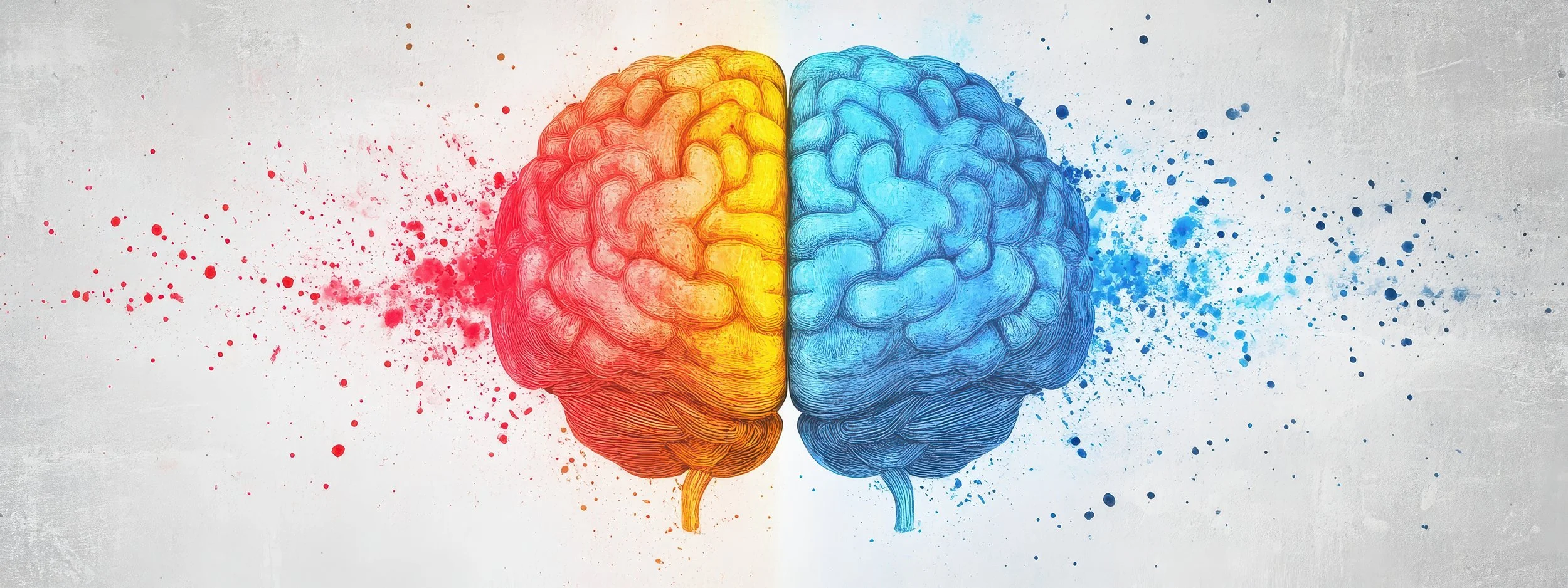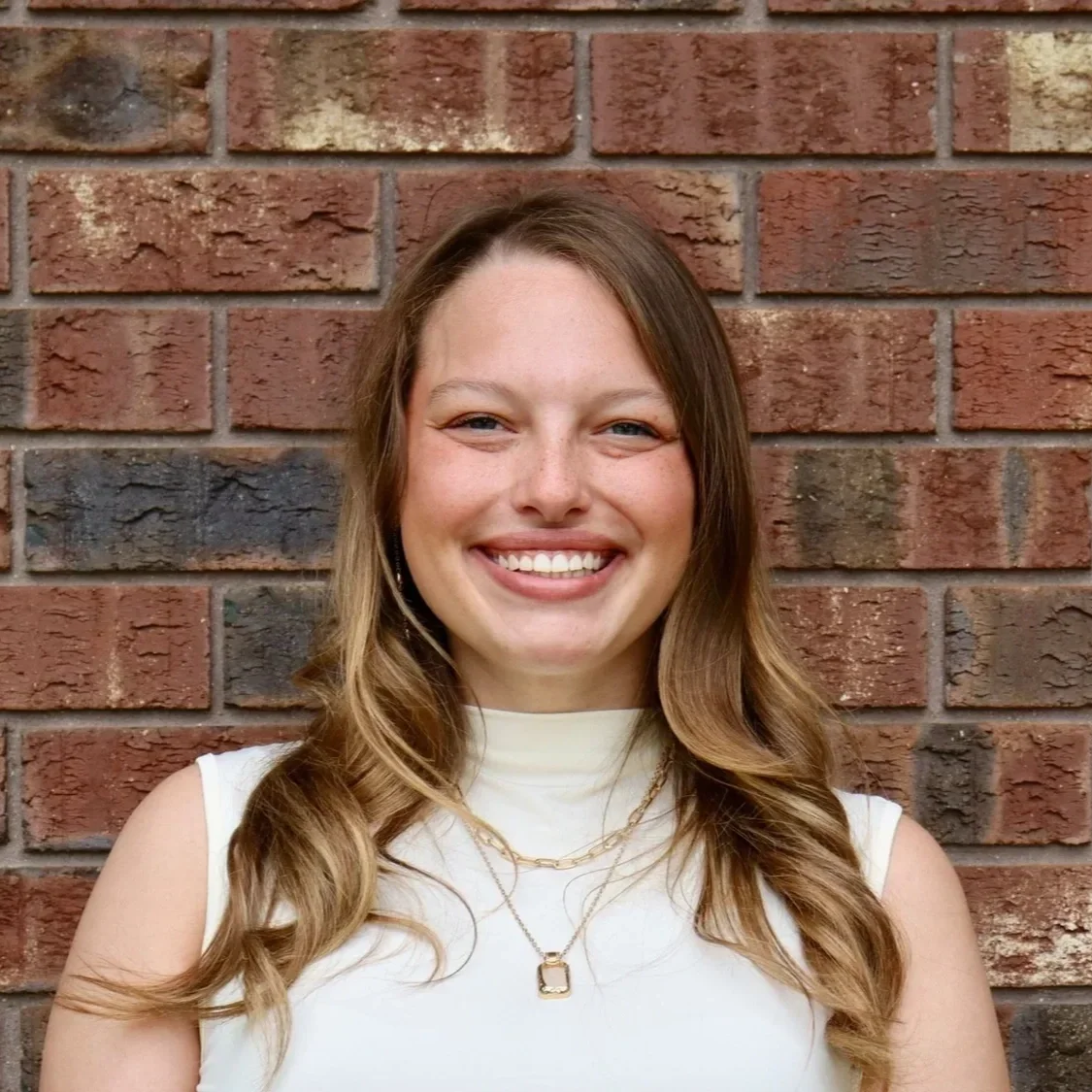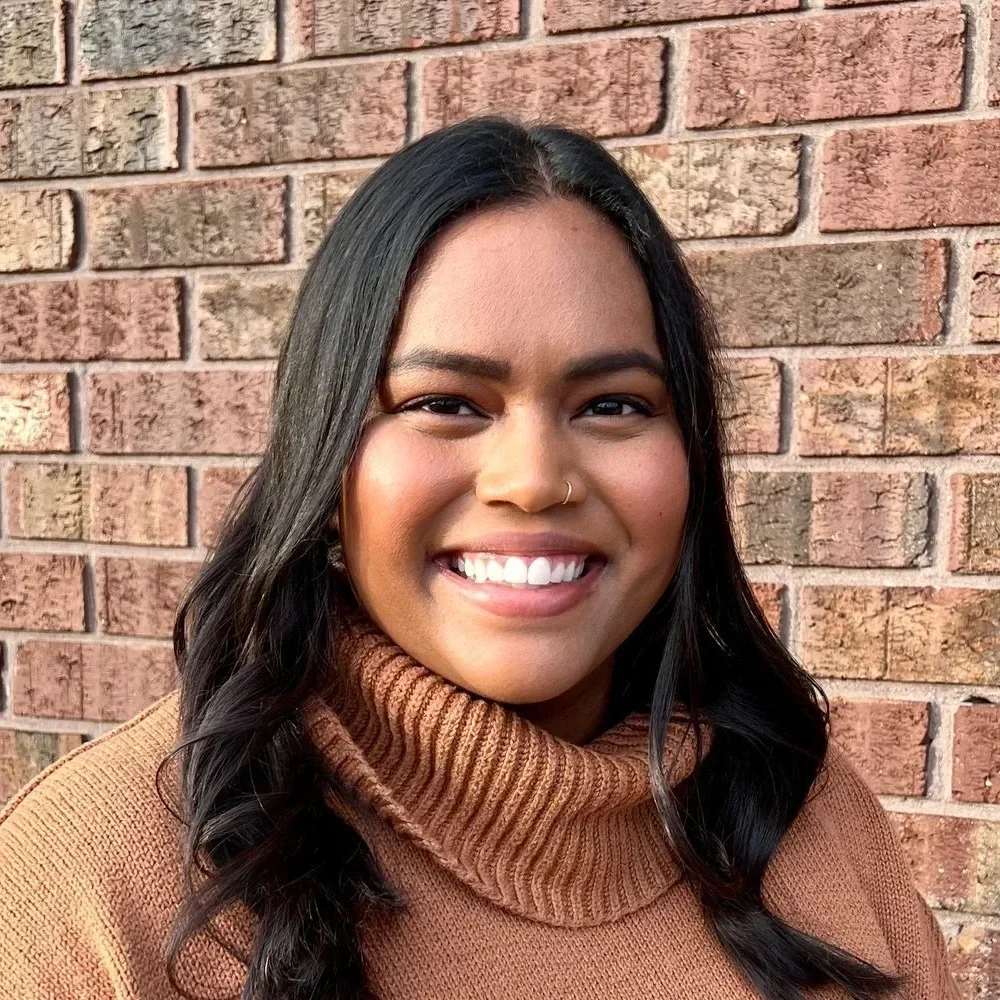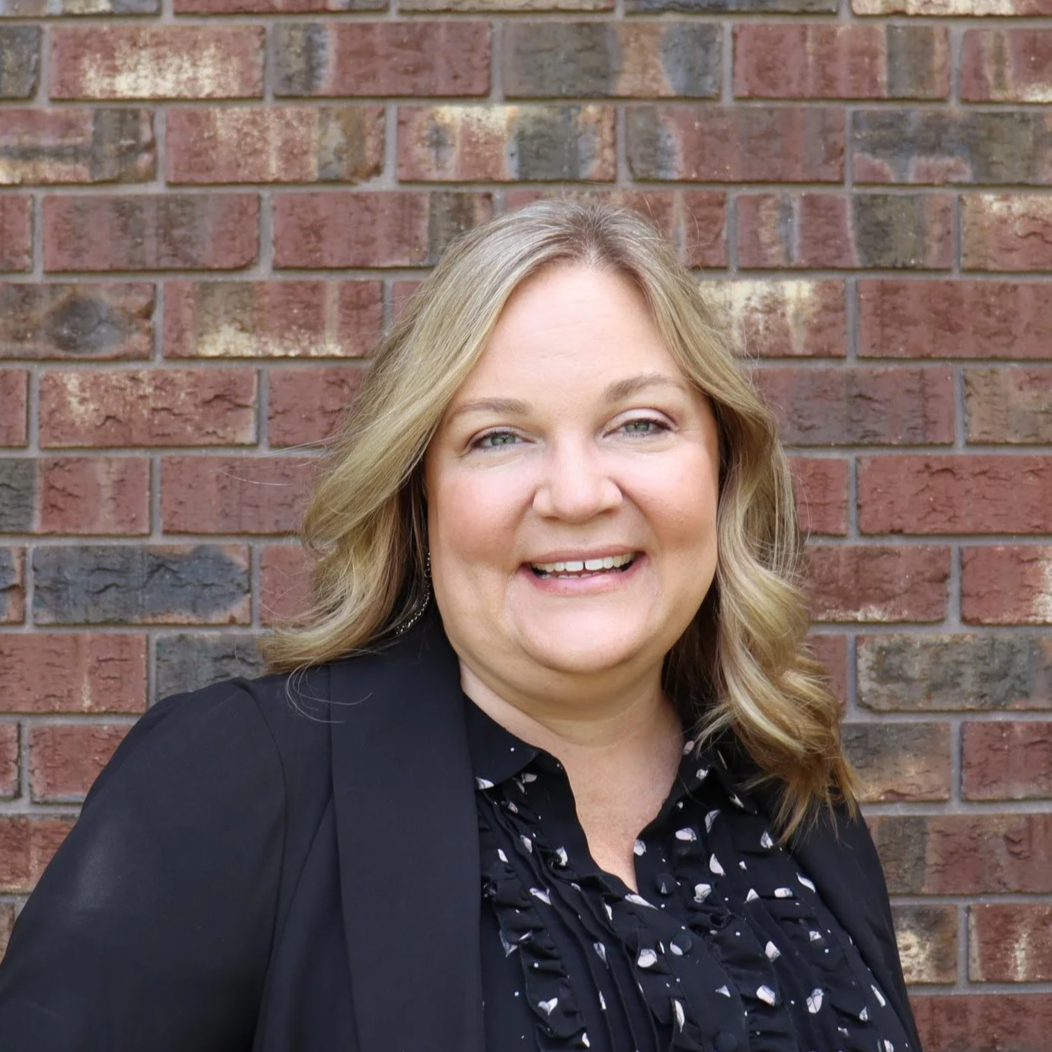
AUTISM, ADHD,
& NEURODIVERSITY
"I am different, not less."
— Temple Grandin
Every mind is unique. At our practice, we celebrate neurodiversity and provide counseling that honors each person’s strengths while addressing the challenges they face. Whether you’re navigating ADHD, autism, learning differences, or other neurodiverse experiences, our therapists offer a supportive space to better understand yourself and develop tools for thriving.

"Neurodiversity may be every bit as crucial for the human race as biodiversity is for life in general."
- Steve Silberman
In counseling, we work together to improve emotional regulation, build coping skills, strengthen relationships, and foster confidence in who you are. We believe neurodiversity is not something to “fix” but a part of human diversity to be understood, supported, and valued.
Whether you’re an adult seeking support, a parent looking for guidance for your child, or a family learning to grow together, our neurodiversity counseling can help you move toward greater clarity, balance, and connection.
ADHD (Attention-Deficit/Hyperactivity Disorder)
Living with ADHD can feel overwhelming at times, but with the right support, it can also become a source of strength. In counseling, we focus on practical strategies to manage attention, organization, time, and emotions—while also addressing the impact ADHD may have on self-esteem, relationships, and daily life. Our approach blends skill-building with compassion, helping you better understand your brain and create systems that work for you.
Gender Differences in ADHD
ADHD often looks different across genders. While boys and men are more likely to be diagnosed with hyperactive or external symptoms, girls and women are often overlooked because their ADHD shows up as inattention, daydreaming, or internal struggles. This difference can lead to years of feeling misunderstood, “too much,” or “not enough.” In therapy, we help clients untangle these experiences, recognize the true impact of ADHD, and find validation in knowing they are not alone.
Late-Life Diagnosis
For many, an ADHD diagnosis doesn’t come until adulthood—especially for women. This can bring relief and clarity, but also grief over missed opportunities or years spent feeling “different” without explanation. Counseling provides a space to process these emotions, explore your story with compassion, and build tools for moving forward with greater self-acceptance. It’s never too late to understand yourself and find new ways to thrive.
Counselors who work with ADHD:
Brandon Hovey, MA Licensed Clinical Professional Counselor
Britny Wallace, BA Counseling Intern
Dr. Courtney Stivers, PhD Licensed Marriage & Family Therapist
Erica Ray, MEd Licensed Clinical Professional Counselor
Greta Long, MA Licensed Professional Counselor
Hannah Dobson, MA Associate Licensed Marriage & Family Therapist
Jayshree Panchal, MA Licensed Clinical Professional Counselor
Nathaniel Oldenburg, MA Licensed Clinical Professional Counselor
Regina Bridges, MA Licensed Clinical Professional Counselor
Shelly Hart, MA Licensed Professional Counselor
Autism
Everyone deserves to feel understood and supported. For individuals on the autism spectrum, counseling provides a space to navigate challenges, celebrate strengths, and build skills for daily life and relationships.
Our therapists offer neurodiversity-affirming care, which means we don’t view autism as something to “fix,” but as a unique way of experiencing the world. We work collaboratively with clients to address areas such as emotional regulation, social communication, anxiety, sensory challenges, and self-advocacy.
Autism & Children
Counseling can also help with transitions—whether it’s starting school, entering the workplace, or managing changes in family life. For parents and families, we provide guidance and support to strengthen understanding, communication, and connection at home.
Autism & Adults
Adult autism approaches provide a supportive, understanding space to explore these challenges, build coping strategies, and leverage your strengths.
Our therapists take a neurodiversity-affirming approach, helping adults with autism develop skills in emotional regulation, communication, self-advocacy, and executive functioning. Counseling can also support life transitions, relationship challenges, and anxiety management, while fostering confidence, resilience, and a sense of belonging.
Counselors who work with Autism:
Brandon Hovey, MA Licensed Clinical Professional Counselor
Britny Wallace, BA Counseling Intern
Dr. Courtney Stivers, PhD Licensed Marriage & Family Therapist
Erica Ray, MEd Licensed Clinical Professional Counselor
Greta Long, MA Licensed Professional Counselor
Hannah Dobson, MA Associate Licensed Marriage & Family Therapist
Jayshree Panchal, MA Licensed Clinical Professional Counselor
Kate Mills, MA Licensed Clinical Professional Counselor
Linda Cherry, MS Licensed Clinical Professional Counselor
Nathaniel Oldenburg, MA Licensed Clinical Professional Counselor
Regina Bridges, MA Licensed Clinical Professional Counselor
Shelly Hart, MA Licensed Professional Counselor
Ryan Stivers, PhD Licensed Marriage & Family Therapist
Neurodiverse couples counseling provides a supportive space to bridge these differences. Our therapists help partners build tools for clearer communication, deepen empathy, and create strategies that honor both individuals’ needs. Together, we focus on strengthening connection, navigating conflict with compassion, and celebrating the unique perspectives each partner brings to the relationship.
We believe that neurodiverse relationships have incredible potential for growth, resilience, and creativity. Counseling can help you move from feeling misunderstood to feeling more connected, supported, and seen by one another.
Neurodiverse Couples
Relationships are complex, and when one or both partners are neurodivergent—such as living with ADHD, autism, or other neurodiverse experiences—unique challenges and strengths often emerge. Differences in communication styles, emotional expression, sensory needs, or daily routines can sometimes create misunderstandings, frustration, or disconnection.
Counselors who work with Neurodiverse Couples:
























